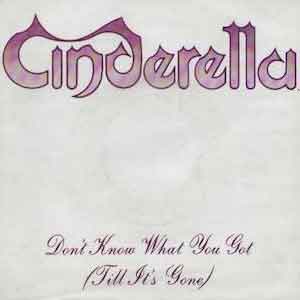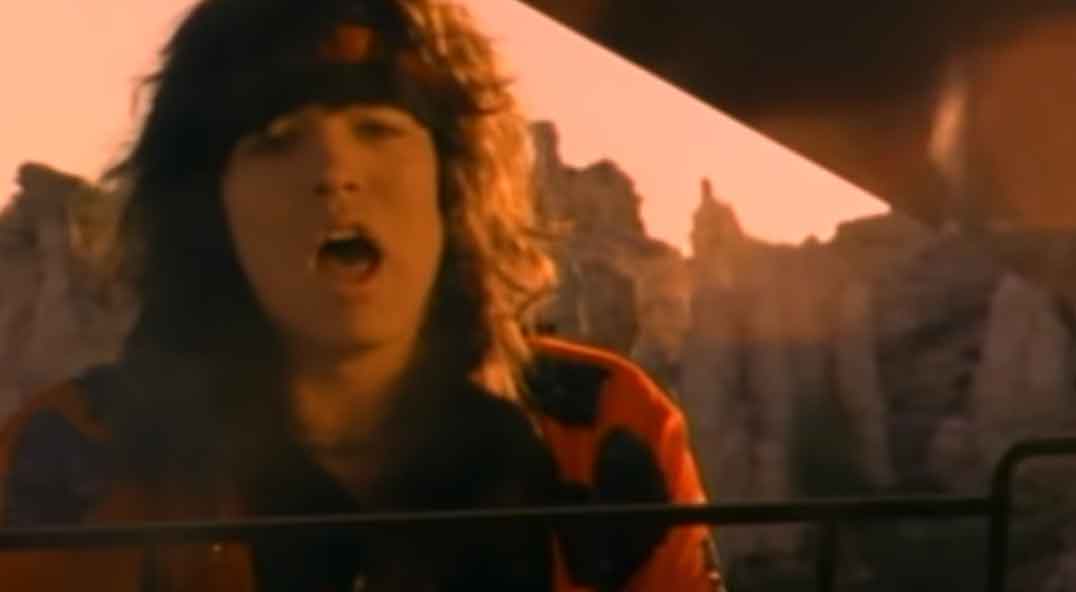
Cinderella – Don’t Know What You Got (Till It’s Gone) – Official Music Video
The song was written by Cinderella vocalist, Tom Keifer. “Don’t Know What You Got (Till It’s Gone)” was released as the second single from their second album, “Long Cold Winter”. It was released in August 1988 with “Fire And Ice” on the B-side. The power ballad reached #10 on US Billboard Album Rock Tracks chart in the United States.
